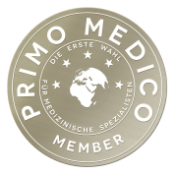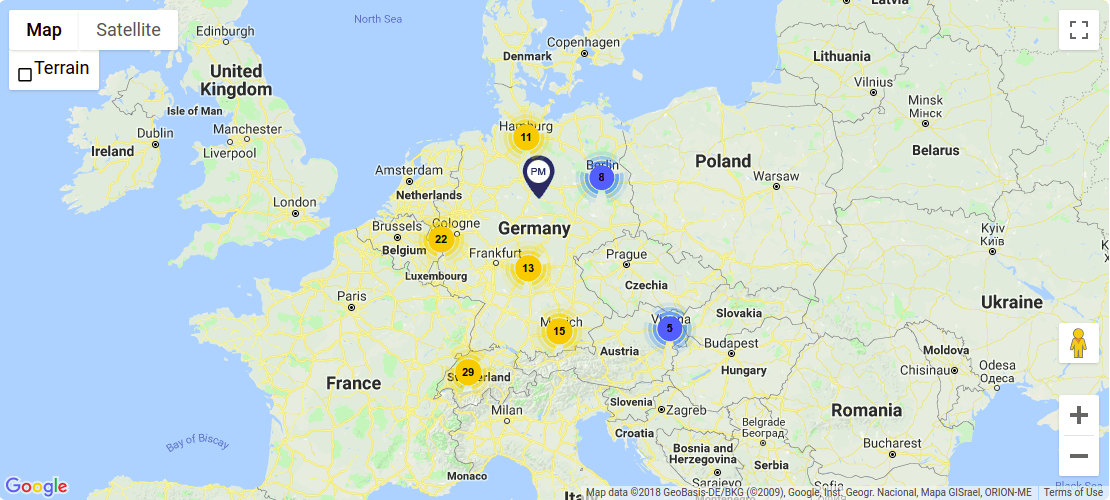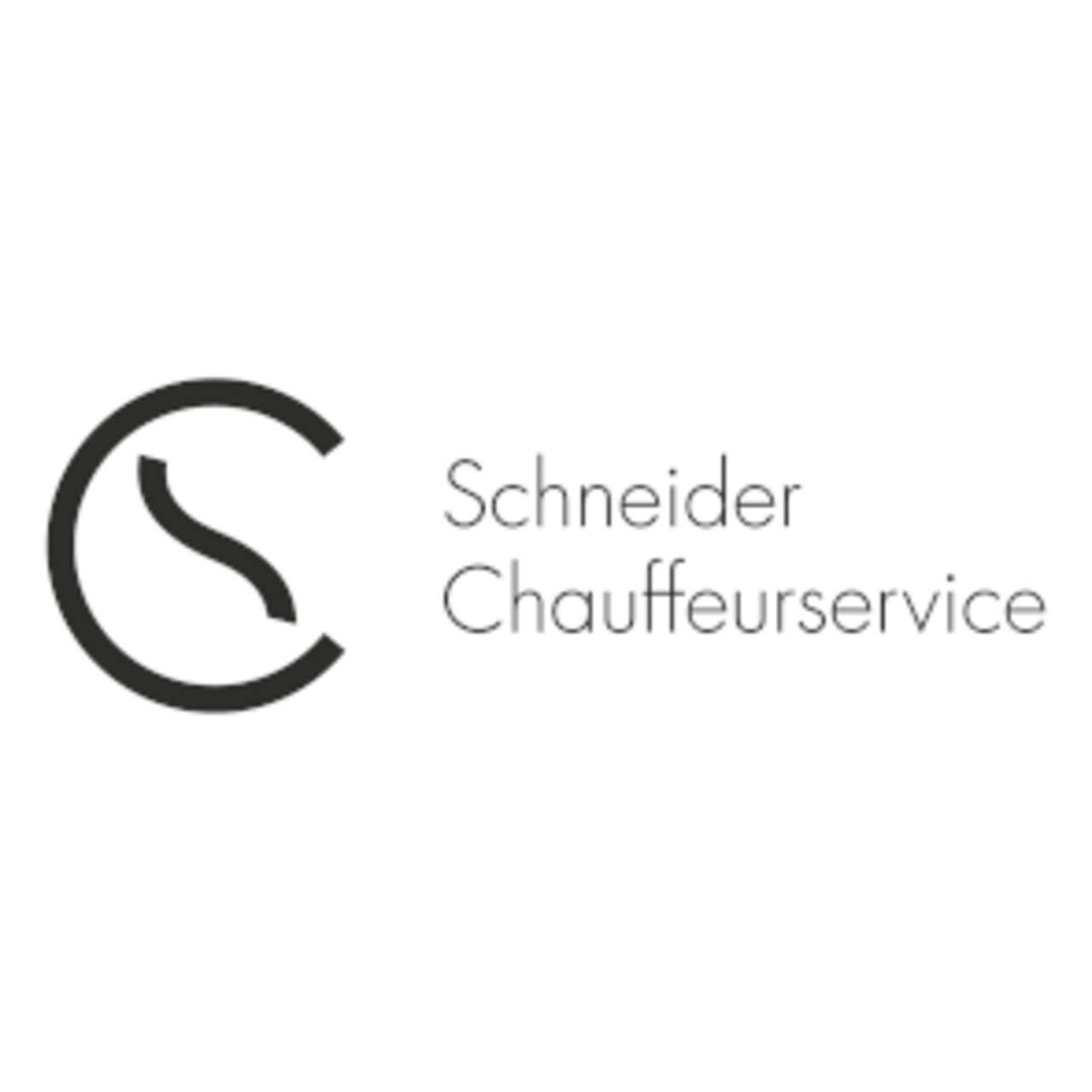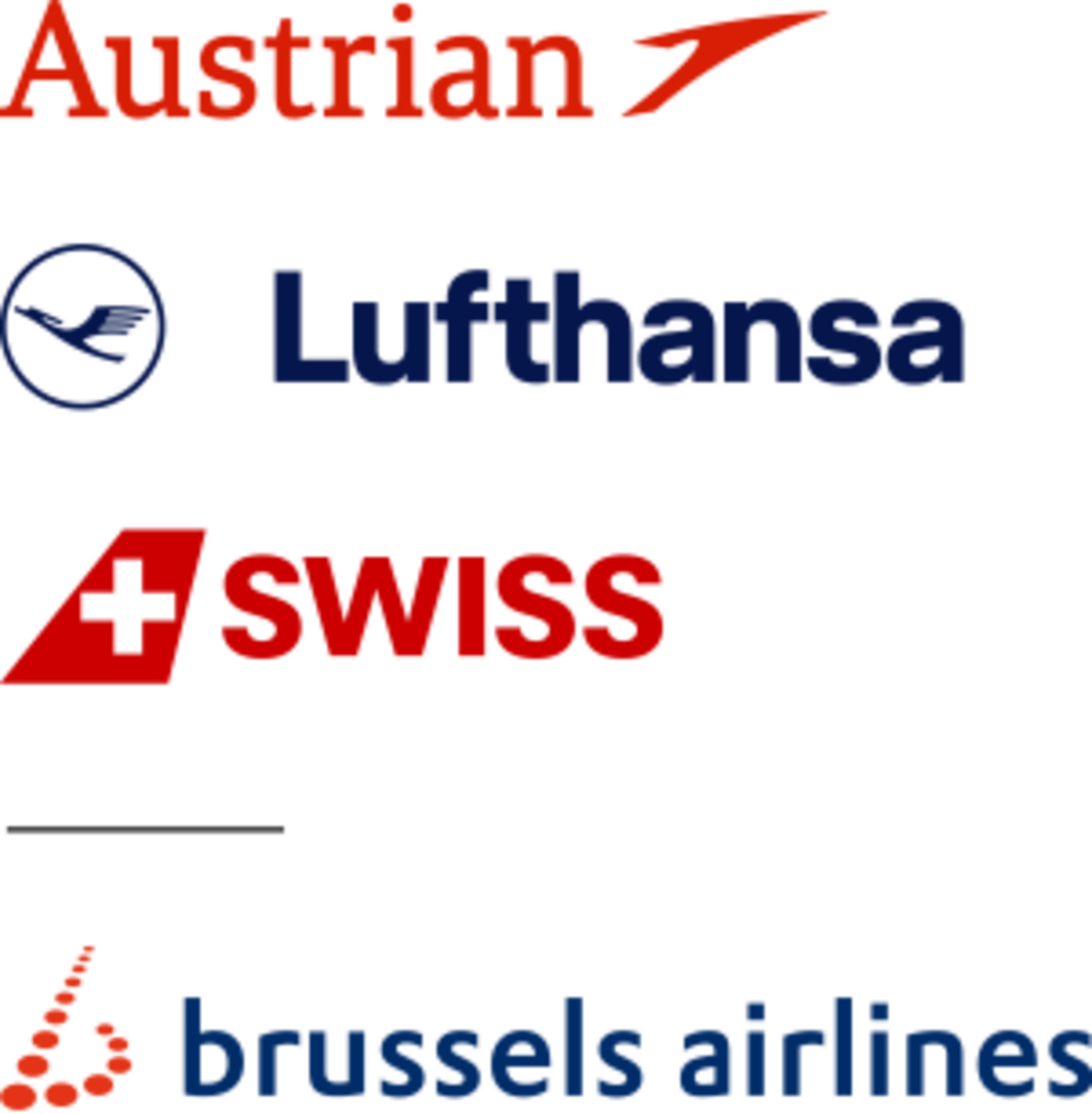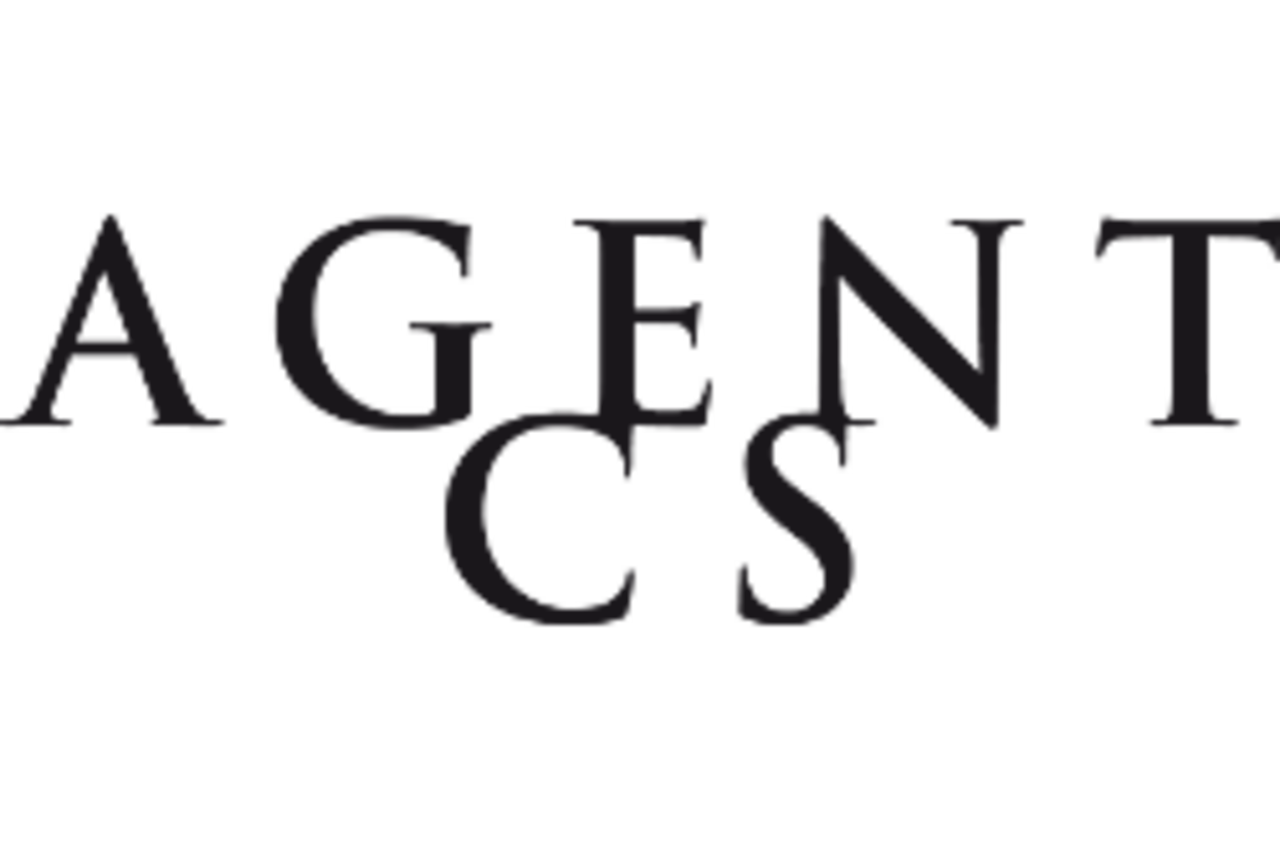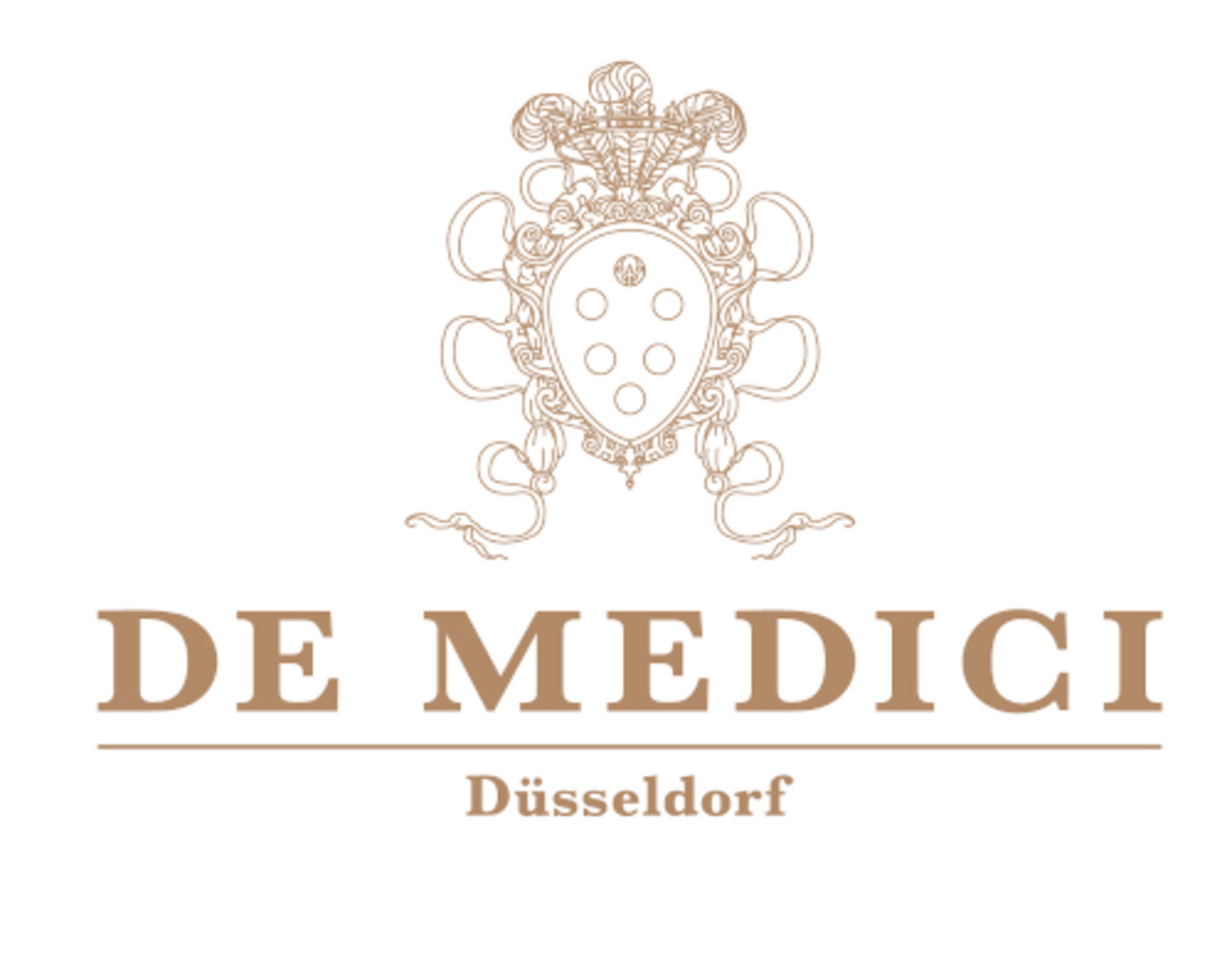Duisburg Cardiac Surgery (NRW): Prof. Börgermann
Treatment focus
- Bypass surgeries without a heart-lung machine (OPCAB)
- Minimally invasive bypass surgeries (MIDCAB)
- Minimally invasive heart valve surgery (aortic, mitral, and tricuspid valve)
- Pacemaker implantation
- Artificial hearts
Contact
Duisburg Heart Center
Clinic for Cardiac Surgery and Pediatric Cardiac Surgery
Gerrickstraße 21, D-47137 Duisburg
P: +49 203 3969 3523 F: +49 203 451 3258
Consultation Hours:
Monday-Friday: 7:30 AM - 5:00 PM
by appointment

Medical Range
Range of Therapeutic Services
- Coronary surgery without a heart-lung machine (OPCAB, MIDCAB)
- Heart valve surgery
- Heart failure: pacemaker and artificial heart
- Pediatric heart surgery
- Congenital heart defects
More Information
Card
Prof. Jochen Börgermann is a specialist in cardiac surgery and head physician of the Clinic for Heart Surgery and Pediatric Cardiac Surgery at the Duisburg Heart Center of the Evangelisches Klinikum Niederrhein.
The modern clinic covers the entire spectrum of modern heart surgery and combines expertise, experience, and empathy. With the principle of always using the safest and gentlest procedure based on the most up-to-date scientific findings, patients benefit from gentle surgeries on the beating heart and minimally invasive procedures.
State-of-the-Art Heart Surgery: Bypass Surgeries without a Heart-Lung Machine (OPCAB)
Coronary heart disease leads to narrowing of the coronary arteries. At an advanced stage, a bypass may become necessary, which involves bridging the narrowing with the help of a healthy vessel so that the heart muscles can be adequately resupplied with blood. Conventional procedures rely on using a heart-lung machine, which then takes over the function of these two vital organs. This method involves a high risk for the patient.
Therefore, the Duisburg Clinic for Heart Surgery and Pediatric Heart Surgery relies on minimally invasive procedures without having to induce artificial circulatory arrest. Highly experienced cardiac surgeons perform the OPCAB procedure (off-pump coronary artery bypass). It gives patients a particularly gentle method of improving coronary circulation and ultimately increasing their quality of life.
Specialist for Minimally Invasive Bypass Surgery (MIDCAB)
MIDCAB stands for minimally invasive direct coronary bypass and is a procedure for carrying out bypass surgery on a coronary vessel on the anterior coronary wall. Thanks to his experience and expertise, Prof. Dr Jochen Börgermann can carry out this surgery in a minimally invasive manner to significantly reduce the risks and complication rates for patients.
Prof. Dr Börgermann uses only a tiny incision between the ribs to reach the front wall of the heart. This procedure also avoids using a heart-lung machine, and the vascular stenosis is bridged in a minimally invasive way by using the body's blood vessels.
Heart Valve Surgery in Duisburg: Minimally Invasive Heart Valve Surgery (Aortic, Mitral and Tricuspid Valve)
The heart valves connect the atria with the two ventricles: the mitral valve on the left side and the tricuspid valve on the right side. Valves separate the aorta and the large pulmonary artery from the ventricles. The aortic, mitral, and tricuspid valves play a crucial role in regulating the blood flow through the heart and maintaining circulation.
Various diseases can cause changes to these heart valves, including, for example, inflammatory or degenerative processes that result in the valves no longer being able to close completely (insufficiency) or open (stenosis). This makes the heart work more difficult and increases the risk of heart failure.
The Clinic for Cardiac Surgery and Pediatric Cardiac Surgery specializes in minimally invasive treatment of heart valve defects. The affected valves can be reconstructed, restored, or completely replaced using the latest endoscopic techniques.
Endoscopy is a gentle alternative to open surgery. Only small skin incisions are required, through which the surgical instruments are inserted. This method reduces the risk of postoperative pain, allows faster recovery after the surgery, and reduces scarring by avoiding larger wounds.
Outstanding Expertise and Many Years of Experience in Performing Pacemaker Surgeries and Implantation
Various cardiac arrhythmias make the implantation of a pacemaker necessary. Thanks to many years of experience, continuous further training, and state-of-the-art technical equipment, Prof. Dr Jochen Börgermann and his team can provide pacemaker surgeries gently with as little risk as possible.
Pacemaker systems consist of an aggregate containing a battery and electrodes attached to the right atrium or the right ventricle. If the pacemaker cells in the heart cannot generate an adequate rhythm, the implanted pacemaker takes this function over and excites the heart muscle cells.
The treatment spectrum includes various pacemaker systems, such as cardiac resynchronization therapy (CRT) or cardiac contraction modulation (CCM). The Clinic for Cardiac Surgery and Pediatric Cardiac Surgery in Duisburg offers patients with various forms of heart failure the best individual therapy, naturally always based on the latest scientific standards.
Innovative Artificial Heart Systems: Help for patients with Severe Heart Failure
Patients suffering from severely advanced heart failure often have few treatment options left. In some cases, the only option is to replace the diseased organ, although the waiting time for a donor heart can be extremely long. Prof. Dr Jochen Börgermann has established one of the few programs at the Clinic for Cardiac Surgery and Pediatric Cardiac Surgery that offers patients new treatment perspectives through the implantation of artificial heart systems.
Artificial heart systems can take over if the heart can no longer function adequately. In recent years, these systems have been continuously developed so that many patients with an otherwise poor prognosis can be helped.
Artificial heart systems belong to the mechanical circulatory support systems. They consist of a small pump inserted directly into the heart and a control unit connected to it, including a battery outside the body. Sometimes, the systems bridge the gap until a heart transplant, but they can also be used permanently for circulatory support.
The largest artificial heart program in the Rhine-Ruhr region relies not only on state-of-the-art technical equipment but also on the continuous training and further education of its medical staff. Patients, therefore, receive excellent medical care and are closely monitored and comprehensively cared for from diagnosis to postoperative care.
Please, visit the website of the Clinic for Heart Surgery and Pediatric Heart for more information.
Team
- Dr Michael Scheid
Head Physician, Specialist in Cardiac Surgery - Dr Andreas Beckmann
Senior Physician in Charge, Specialist in Cardiac Surgery - Dr Mohamad Dia
Senior Physician in Charge, Specialist in Cardiac Surgery - Dr Hamdi Elfarra
Senior Physician in Charge, Specialist in Cardiac Surgery - Dr Alexey Ilin
Senior Physician in Charge, Specialist in Cardiac Surgery - Dr Michael Schönbrodt
Senior Physician in Charge, Specialist in Cardiac Surgery - Dr Paulus Gabriel Schurr
Senior Physician in Charge, Specialist in Cardiac Surgery - Kamal Albertawi
Senior Physician, Specialist in Cardiac Surgery - Sezai Ak
Senior Physician, Specialist in Cardiac Surgery - Dr Süreyya Murat Cetin
Senior Physician, Specialist in Cardiac Surgery - Dr Ubold D. Froentjes
Senior Physician, Specialist in Cardiac Surgery - Edis Ljajikj
Senior Physician, Specialist in Cardiac Surgery
Transport Connections
| Duisburg Main Station | 6.6 km |
| Essen/Mühlheim Airport | 21 km |
| Düsseldorf Airport | 28 km |
| Köln/Bonn Airport | 75 km |
Information about Duisburg
Duisburg is the hinge into three regions: the idyllic Lower Rhine, the bubbling Ruhr area, and the legendary Rhine rail.
Duisburg, the inland port city on the Rhine and Ruhr, stretches from the western edge of the Ruhr metropolis to the Lower Rhine and merges with the Rhine rail to the south. The city sees itself as a hub of tourist and logistical routes and assumes an interesting hinge function within the varied regions.


